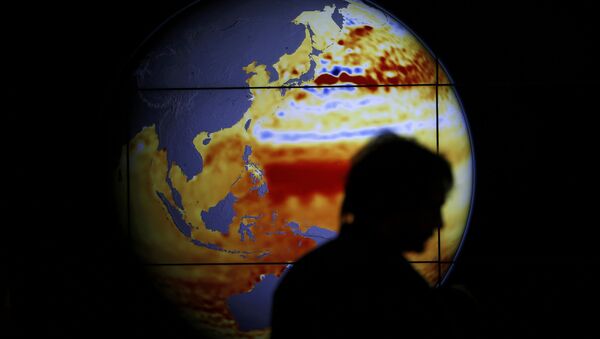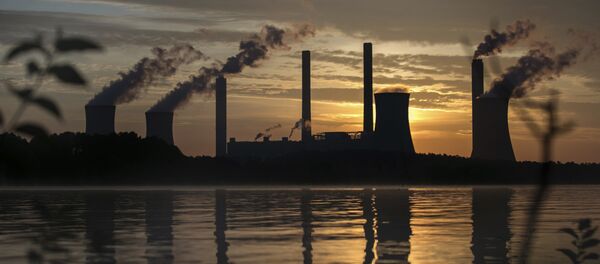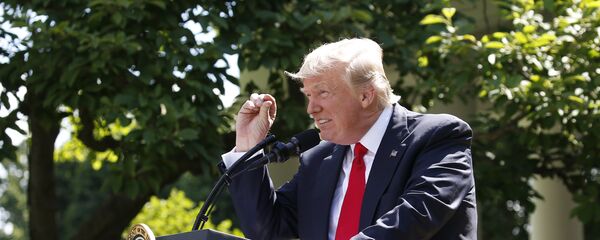On Thursday, US President Donald Trump announced his decision to pull out of the Paris accord, since he believed the deal had the potential to hurt the US economy and affect national job growth while unfairly benefiting other nations. At the same time, the president expressed his readiness to renegotiate the deal under terms that would be "fair to the United States."
"The decision of the United States to step back from the Paris Agreement results in serious damages. The almost unanimity of the national governments achieved in Paris two years ago was an important message, and gave us the hope that common and joint efforts could be made to limit climate change. This could be undermined by the withdrawal of the US commitment, which could weaken the enthusiasm and lower the ambitions of other states as well," Javor said.
Javor continued by stressing the necessity and importance of close interaction between the parties to the climate change agreement, and noted that positive steps have already been taken to that end.
"There is a need for stronger cooperation among all major parties of the Paris agreement to keep it alive, effective and ambitious. We've already seen positive signs of this commitment from the EU and Chinese leaders. The first Russian governmental reactions were also supportive toward maintaining the accord as it is," Javor said.
The process for Washington's withdrawal from the Paris accord could take longer than initially expected, Javor noted, adding that "perhaps, it is simply not possible before the date of the next presidential elections."
Javor also disagreed with Trump’s claim on how the unfavorable terms of the Paris agreement could hurt the US economy, stating that it was in fact a transition to a green economy that could boost economic growth and create jobs. The EU official added that the current terms of the Paris Agreement should be kept.
The Paris Agreement was adopted in December 2015 at the 21st UN Climate Change Conference (COP21) and was signed by 194 countries and ratified by 143. The deal aims to make sure the average global temperature stays below 2 degrees Celsius above pre-industrial level by reducing greenhouse gas emissions. All the signatory states have already agreed to reduce or limit their greenhouse gas emissions.





